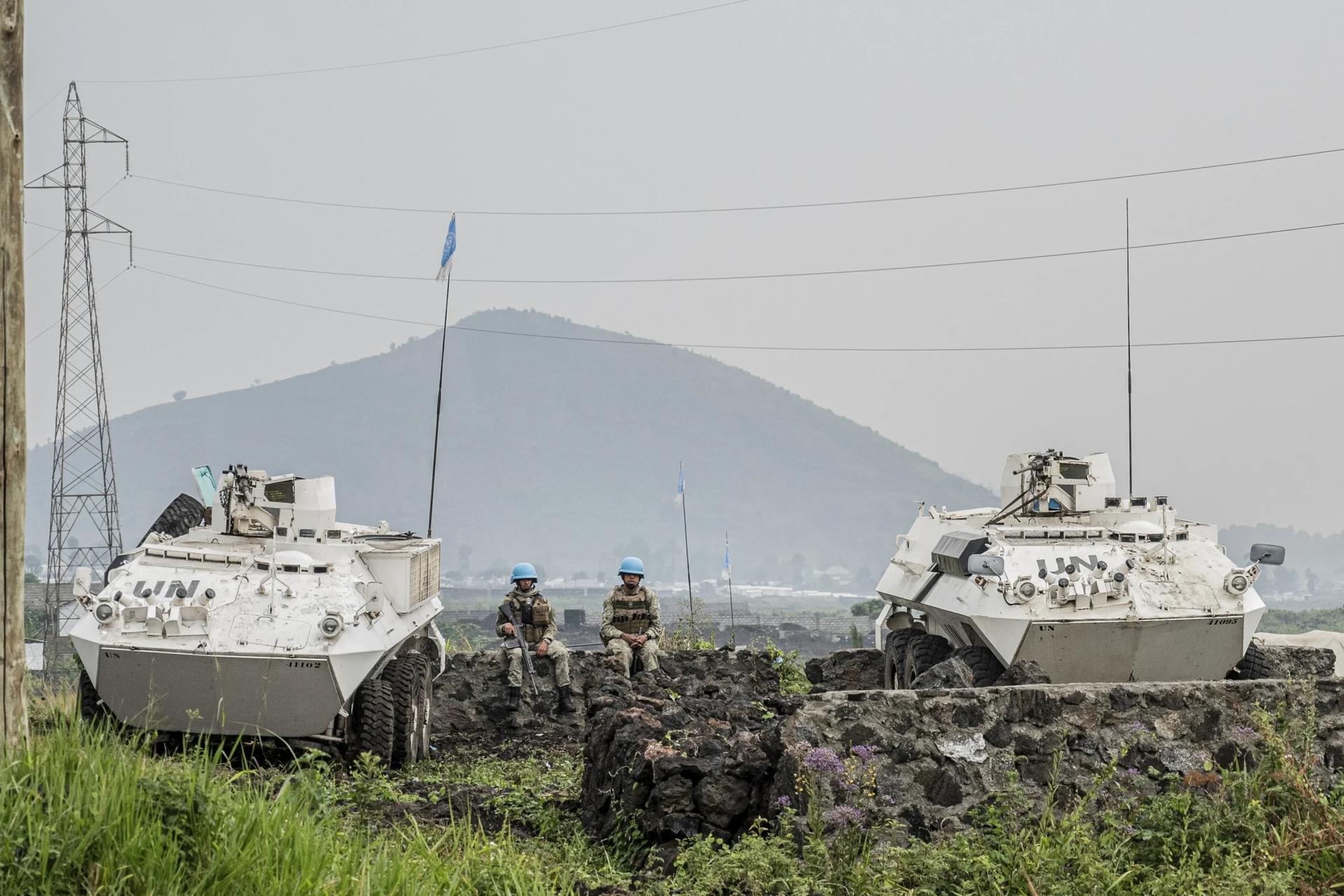YAOUNDÉ, Cameroon – Catholic bishops in the Democratic Republic of Congo (DRC) are pushing back at allegations that they are complicit in a cynical plot to either oust President Felix Tshisekedi, or to physically eliminate him.
During a June 9 interview on Top Congo FM, Jean-Pierre Bemba, Deputy Prime Minister and Minister of Transport and Communication Channels of the DRC, accused Catholic bishops of being part of a plot to overthrow the president, or possibly eliminate him physically. Bemba also cited former President Joseph Kabila and opposition leader Moïse Katumbi as part of the conspiracy.
He claimed that the Catholic bishops were angry that Tshisekedi had made primary education free and obligatory, including Catholic schools, thereby depriving the Catholic Church of an important source of revenue.
Tshisekedi decreed primary education free in 2019, but the Church – which controls most of the primary schools in war-ravaged DRC – said the State needed to provide the financial means for the schools to function properly.
Bemba claimed the Church and its “accomplices” have vowed to take down the president, no matter the consequences.
“These are not mere suspicions,” Bemba said.
“I have the documents and proof, and I will release them,” he claimed.
“There is a project underway to eliminate the President of the Republic,” Bemba said, and insisted that senior clergy of CENCO were complicit in the plan.
In a strongly worded statement June 12, the Episcopal Conference of the DRC denounced the accusations as “reckless and unfounded” and could reverse the gains made so far in the effort towards peace in a country torn by conflict.
“The National Episcopal Conference of the Congo (CENCO) expresses deep dismay, though not surprise, at the offensive and irresponsible remarks made by Mr Jean-Pierre Bemba during his appearance on Top Congo FM on June 9, 2025,” reads the statement signed by Archbishop Fulgence Muteba Mugalu of Lubumbashi, President of the Bishops’ Conference.
The archbishop clarified that since the 2023 electoral period, Bemba has consistently positioned himself as “a hostile critic of CENCO, making repeated, baseless, and damaging allegations.”
“His statements have been reckless and defamatory, undermining the credibility of CENCO and threatening the climate of trust essential for national cohesion and peaceful coexistence,” the statement reads.
“Given the current socio-political context, Mr. Bemba’s aggressive media remarks suggest an unwillingness to accept the commendable decision by the Republic’s institutions and the Congolese people to resolve the ongoing crisis through peaceful means. One may reasonably question whether Mr Bemba’s rhetoric signals a return to the dark days of violence, as witnessed during his past involvement in tragic events in Kisangani and Kinshasa,” Muteba said.
Bemba is a former warlord who was even convicted for war crimes at the International Criminal Court, although the conviction has since been overturned.
Archbishop Muteba expressed concern over the graveyard silence of the relevant institutions in the face of the serious allegations against the clergy by Bemba.
Monsignor Donatien Nshole, the Secretary General of the Bishops’ Conference voiced similar concerns.
“We denounce these serious accusations, without evidence, and are surprised by the silence of the country’s institutions. We call for peace, reserve the right to take legal action, and invite the faithful to pray for the person concerned,” he said in a video message on the official page of the Conference.
The Catholic Bishops’ Conference in the DRC has, in partnership with the Church of Christ in Congo (ECC), come up with what they call the Social Pact for Peace and Well-Being.
The two entities have for the past several months mediated between political leaders, armed groups, and international stakeholders-all in the effort to bring lasting peace to the DRC.
Although they are concerned that Bemba’s reckless utterances could compromise the effort, the bishops say they won’t back down from their mission.
“CENCO remains resolute in defending the values of truth, justice, dialogue, and reconciliation,” the bishops’ statement emphasized.
“It urges the Congolese people not to fall for manipulation, hate speech, or division, but to stay vigilant, united, and committed to preserving national harmony and unity,” they added.
The DRC has been engulfed in conflict for three decades now. Around 120 rebel groups are fighting for the control of territory and mineral resources, some with support from the country’s neighbors. In particular, the M23 – that is supported by Rwanda – has been causing tremendous havoc in eastern Congo, and the UN has accused Rwanda of using the war to loot the region’s minerals.
Estimates from multiple organizations suggest that at least six million people have been killed since 1996 and nearly as many remain internally displaced in the eastern DRC.














